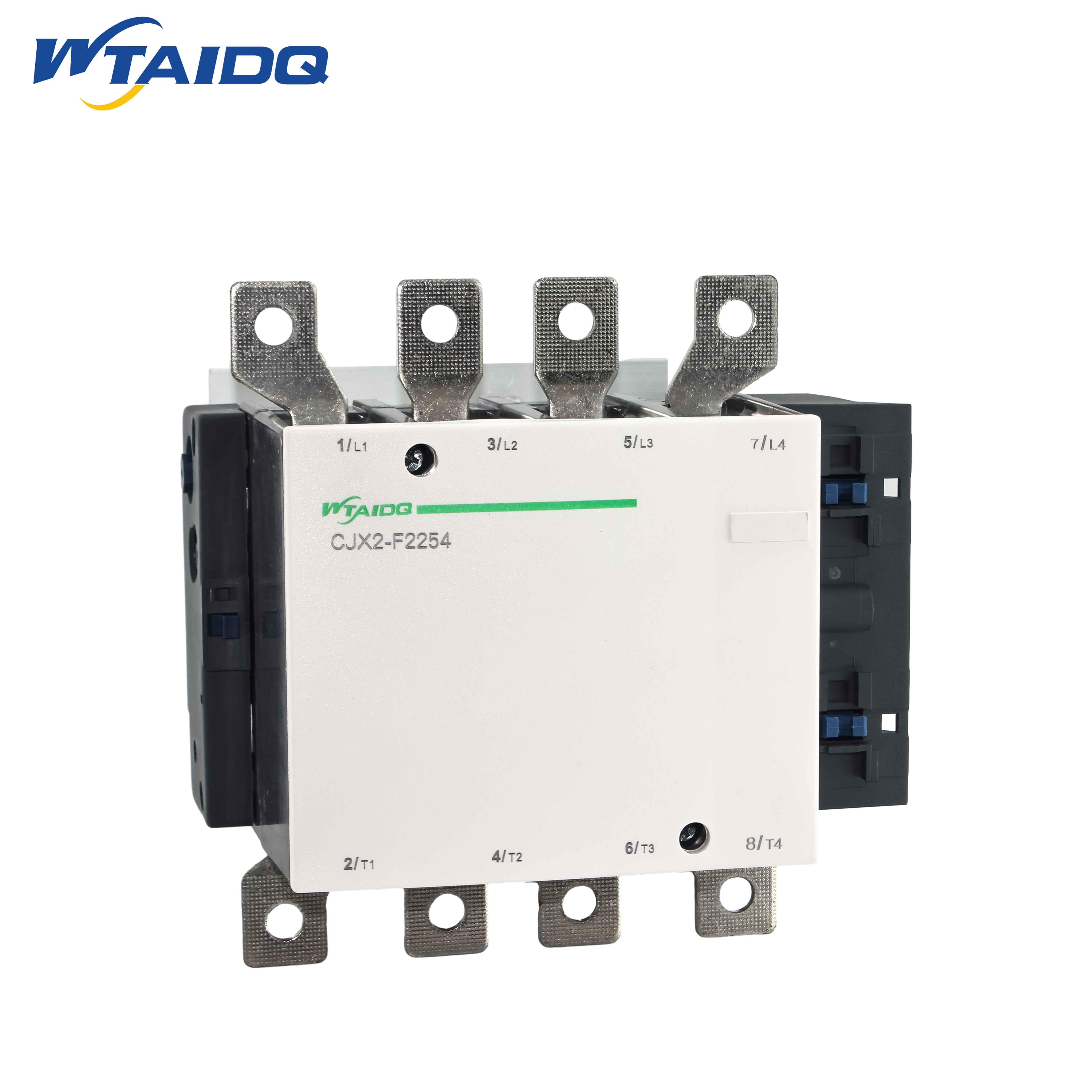When it comes to the functionality of a complete device, contactors play a vital role in ensuring smooth operation and safety. A contactor is an electrical device used to control the flow of electricity in an electrical circuit. They are important components in various types of equipment, including industrial machinery, HVAC systems and electrical panels.
One of the main functions of a contactor is to control power to a device. They act as switches, allowing current to flow through the circuit when activated. This allows the equipment to start and stop as needed, providing the necessary power for its operation.
In addition to controlling power, contactors also play a vital role in protecting equipment from electrical faults. They are designed to handle high currents and come with features such as overload protection and short-circuit protection. This helps prevent equipment damage and ensures operator safety.
Contactors are also critical for controlling the speed and direction of motors in equipment. By using contactors in conjunction with other control devices such as relays and timers, the speed and direction of the motor can be effectively managed to precisely control the operation of the equipment.
Additionally, contactors increase the overall efficiency of the equipment by reducing energy consumption. They enable devices to power on and off as needed, preventing unnecessary energy consumption during idle periods. This not only helps reduce operating costs but also contributes to environmental sustainability.
In short, contactors play a vital role in the functionality and safety of the entire equipment. Their ability to control power, protect against electrical failures, and manage motor operation makes them indispensable components in a variety of industrial and commercial applications. Understanding the importance of contactors in a complete device is critical to ensuring optimal performance and service life of your machinery.

Post time: May-25-2024